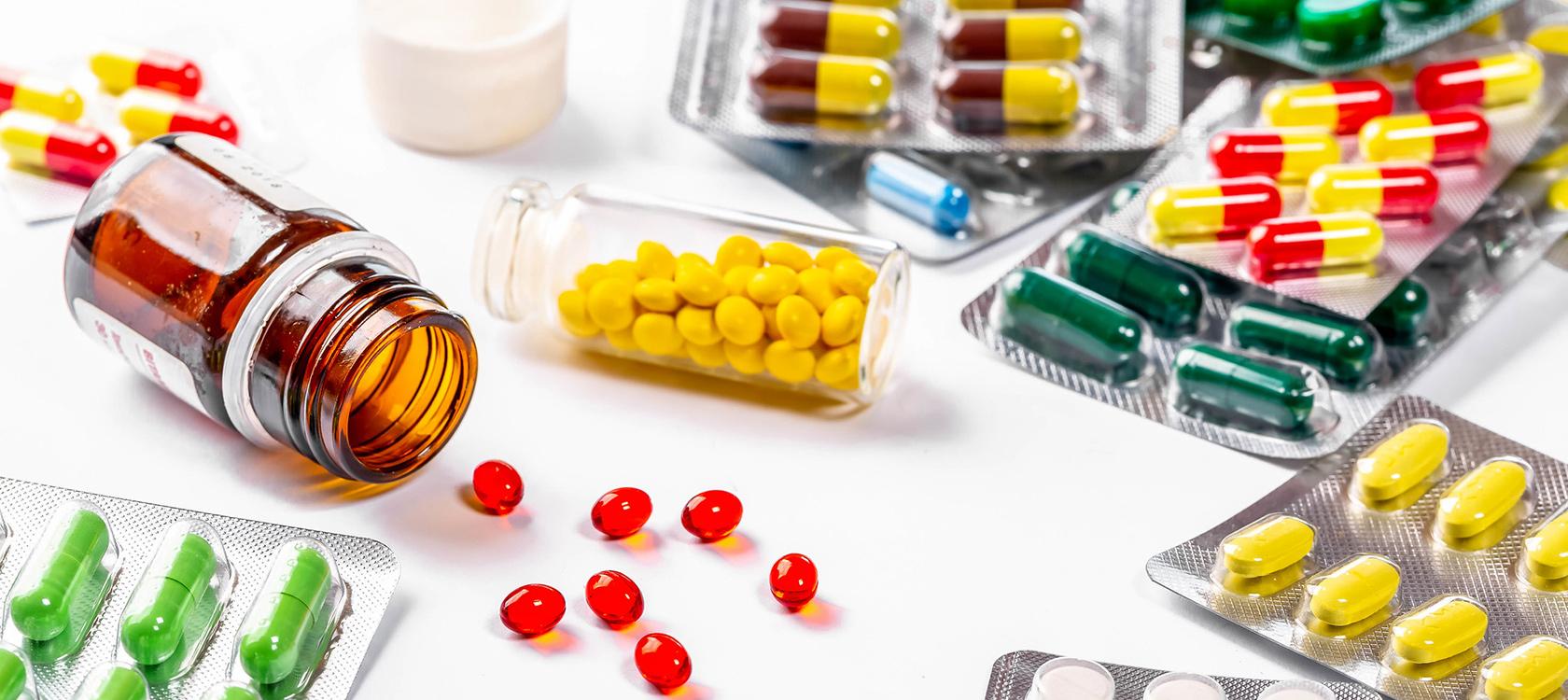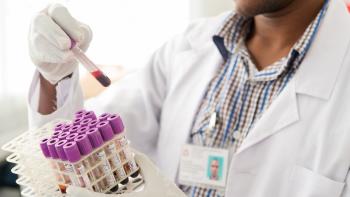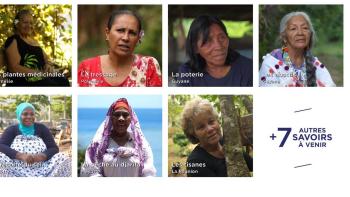The widespread need for affordable medicine has created a huge potential for growth in the pharmaceutical sector. But the African continent lags behind global players. Local production struggles to find a place in an African market where 70% of pharmaceuticals are imported from abroad. Public procurement and distribution systems are seldom up to the task, so public authorities are turning to private players, often from other developing countries.
The growing need for more robust, reliable and regulated markets for medicine requires synergies between the public and private sectors.
That is why Proparco, the private sector subsidiary of Agence Française de Développement (AFD), supports the production and distribution of affordable local medicines by financing pharmaceutical companies, while encouraging South-South technology transfer. This funding is provided directly to private operators or channelled through intermediaries (such as banks and investment funds) specializing in healthcare finance.
Supporting Local Private Players
In Côte d’Ivoire, for example, Proparco is supporting the development of Pharmivoire Nouvelle, a pioneer in the production of intravenous solutions (liquid medicines) in the country. Founded more than 25 years ago, the company produces nearly 3 million IV bags for a market whose local consumption is estimated at between 15 and 20 million units annually. Overall demand is estimated at between 50 and 100 million bags annually within the region, which still imports massively due to a lack of local suppliers.
In response to this potential, Pharmivoire Nouvelle has developed a project designed to boost its production capacity to 12 million bags per year, requiring an investment in the order of €9 million. Its implementation was made possible through support from the West African Development Bank (WADB) and Investisseurs et Partenaires (I&P), supported by Proparco.
See also: Demographic transition and sexual health in West Africa: AFD and KfW, a Couple that Works
However, the high cost of imported products limits access to medicine in Africa to those who can afford it. “For diseases that are expensive to treat, such as cancer or kidney failure, people do not have access to locally produced treatments. We’re forced to import everything,” explains Dr. Sokhna Ndiaye, chairperson of the board of directors for Senegalese company Duopharm, which specializes in medical and pharmaceutical product distribution. This private entity receives assistance from Proparco in the form of funding for technical support designed to optimize and ensure compliance across its logistics chain.
Meeting the Challenge of Availability
Elsewhere on the African continent, private players are creating tracking systems between patients, hospitals, and pharmacies. One example is mPharma, a start-up operating in Nigeria, Ghana, and Zambia. Since 2013, the start-up —supported by impact fund Novastar Ventures, in which Proparco invested in 2015— has been developing infrastructure to facilitate access to affordably priced prescription medications in emerging markets. To do this, mPharma has developed software that shows the exact location and availability of medicines in real-time.
See also: Proparco and the role of the Private Sector in expanding access to high-quality medicines in Africa.
Proparco also supports the efforts of international pharmaceutical groups to move into Africa. One example of this is Africure, an Indian manufacturer and distributor of generic pharmaceutical products. Proparco has just approved a loan of $10 million for this well-known company, to enable it to increase its production capacity on the continent.
After opening a manufacturing plant for generics in Cameroon in 2018, Africure plans to launch two more plants in Côte d'Ivoire and Ethiopia. This loan should provide more than 2.6 million people with better access to essential medicines and vaccines by 2024. The growing company hopes to create or support some 800 jobs.
Providing everyone with access to medicine will have side-effects, but they're likely to be positive.














